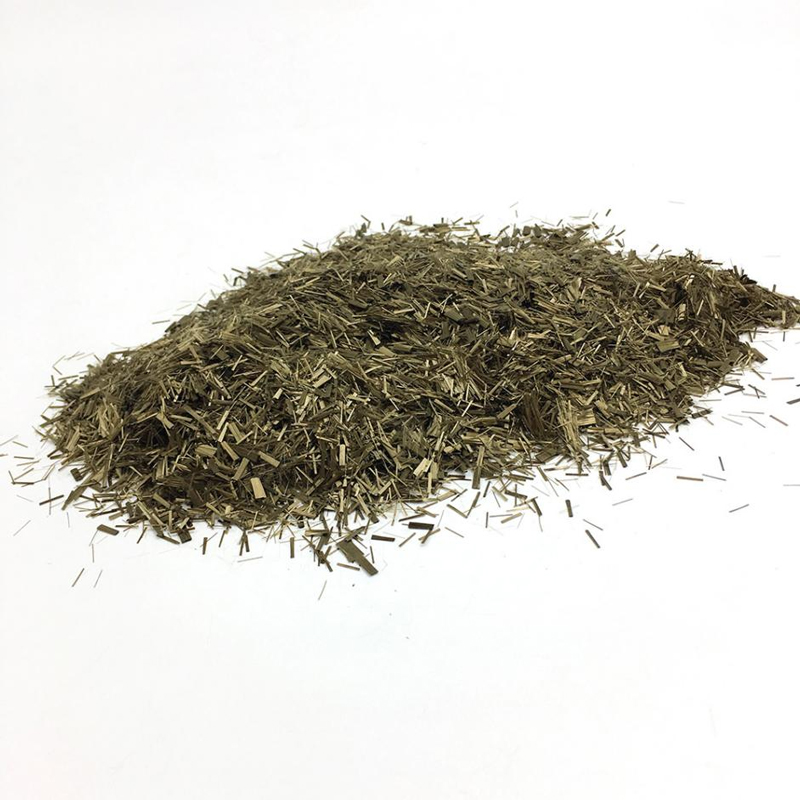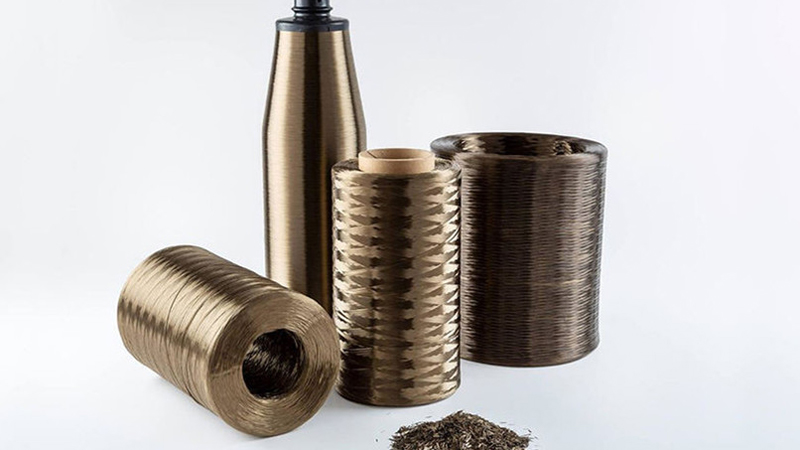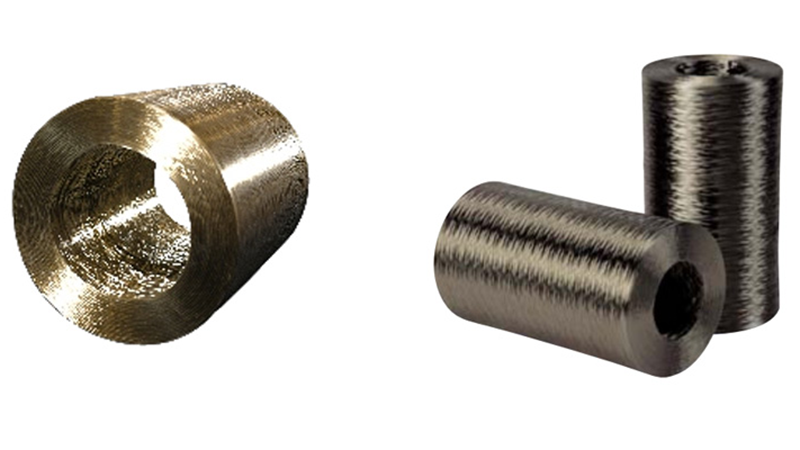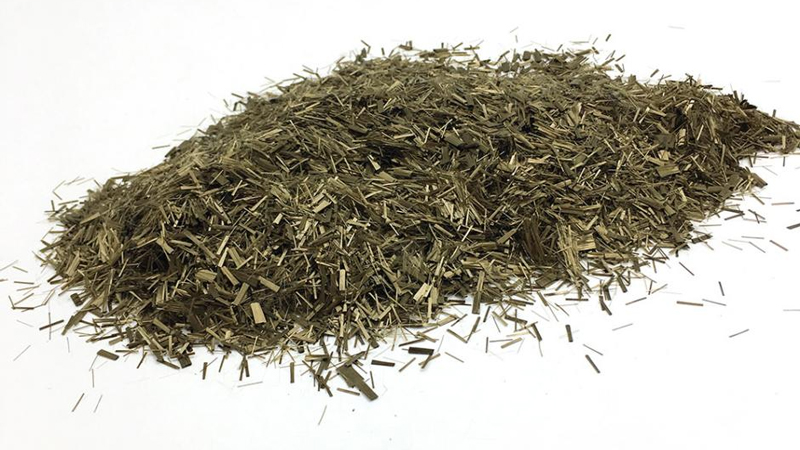Basalt Chopped Fiber for Asphalt Road: Strengthening Infrastructure
2024-04-18 17:41:21
Introduction to Basalt Chopped Fiber
In the quest for more durable and sustainable road infrastructure, basalt chopped fiber has emerged as a groundbreaking solution. Derived from naturally occurring basalt rock, this fiber is making waves in the construction industry for its exceptional strength and environmental benefits.
What is Basalt Chopped Fiber?
Basalt chopped fiber is produced by cutting basalt filament yarns into specific lengths, providing a reinforcement material that is both strong and resistant to harsh environmental conditions.

The Role of Basalt Fiber in Asphalt Roads
Incorporating basalt fibers into asphalt mixes enhances the mechanical properties of roads, leading to improved durability, resistance to temperature variations, and overall longevity.

Benefits of Basalt Chopped Fiber in Asphalt
Enhanced Durability and Longevity
Roads fortified with basalt fibers exhibit significantly higher durability, effectively resisting wear and tear and extending the lifespan of the pavement.
Improved Resistance to Environmental Factors
Basalt fiber enhances asphalt’s resistance to water penetration, UV rays, and chemical corrosion, ensuring stable performance under various environmental conditions.
Increased Load-Bearing Capacity
The integration of basalt fibers into asphalt roads increases their load-bearing capacity, making them suitable for heavy traffic and reducing the need for frequent repairs.
How Basalt Chopped Fiber is Integrated into Asphalt
The Mixing Process
The basalt fibers are mixed with the asphalt concrete before it is laid, ensuring an even distribution of fibers throughout the material.
Application Techniques
Specialized equipment and techniques are required to effectively integrate basalt fibers into asphalt, optimizing their performance and benefits.
Case Studies: Success Stories
Infrastructure Projects Worldwide
Various international projects have successfully utilized basalt fiber-reinforced asphalt, showcasing significant improvements in road quality and durability.
Local Initiatives and Outcomes
Local governments have also begun experimenting with basalt fibers in road construction, with many reporting positive outcomes in terms of road performance and maintenance costs.
Challenges and Solutions
Overcoming Integration Issues
While the benefits are clear, incorporating basalt fibers into asphalt poses challenges, including ensuring uniform distribution and optimizing the mix design for specific applications.
Cost-Benefit Analysis
Despite higher initial costs, the long-term savings in maintenance and repair expenses justify the investment in basalt fiber technology.
The Future of Basalt Fiber in Road Construction
Innovations and Technological Advancements
Ongoing research and development are expected to further improve the efficiency and cost-effectiveness of basalt fibers in asphalt roads.
Sustainability and Environmental Impact
Basalt fiber offers an eco-friendly alternative to traditional road construction materials, contributing to the industry’s move towards sustainable practices.
Conclusion
Basalt chopped fiber represents a significant advancement in road construction materials, offering enhanced durability, environmental resistance, and load-bearing capacity. As the industry continues to innovate, the use of basalt fibers in asphalt roads is set to play a crucial role in building more resilient and sustainable infrastructure.
FAQs
What makes basalt chopped fiber different from other reinforcement materials?
Basalt fiber is derived from natural basalt rock, offering superior strength, environmental resistance, and sustainability compared to synthetic reinforcement materials.
Can basalt fiber be used in all types of asphalt roads?
Yes, basalt fiber can be integrated into various asphalt mixes, making it suitable for a wide range of road types, from highways to urban streets.
How does basalt fiber improve the environmental impact of road construction?
By enhancing the durability and lifespan of roads, basalt fiber reduces the need for frequent repairs and replacements, thereby minimizing the environmental footprint of road construction and maintenance.
Are there any significant challenges in using basalt fiber in road construction?
Challenges include ensuring the even distribution of fibers in the asphalt mix and balancing the cost-benefit ratio, especially for large-scale projects.
What future developments are expected in the use of basalt fiber for roads?
Future developments may include more efficient production techniques, lower costs, and broader applications in road construction, further solidifying basalt fiber’s role in sustainable infrastructure development.



